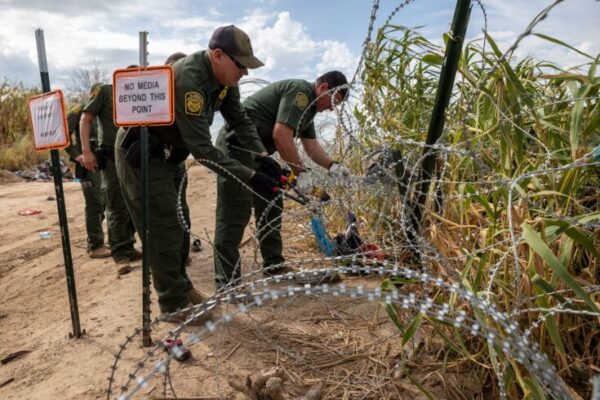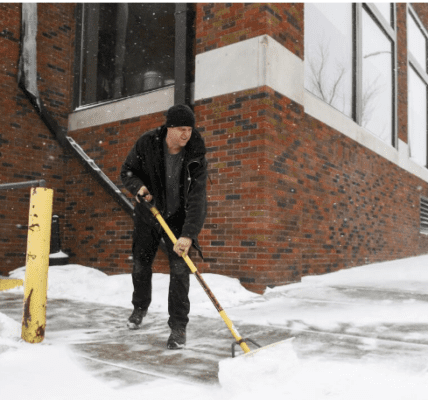
The U.S. Supreme Court’s recent 5-4 decision to grant an emergency request by the Biden administration, allowing Border Patrol agents to remove razor wire installed by Texas along the U.S.-Mexico border, has ignited a contentious legal and political debate. The court’s decision sheds light on the ongoing clash between Texas and the federal government regarding immigration policies, with implications for border security and the broader national discourse on immigration.
II. Background
A. Installation of Razor Wire
Texas Governor Gregg Abbott, a Republican, initiated the installation of razor wire near the Rio Grande at Eagle Pass as part of Operation Lone Star—an immigration enforcement plan aimed at addressing illegal border crossings. This move intensified the conflict between the state and the Biden administration.
B. Biden Administration’s Opposition
The Biden administration, through an emergency request, argued that the razor wire hindered Border Patrol agents from carrying out their duties effectively. The administration claims that the wire prevents agents from reaching migrants who have already crossed into the U.S., thus impeding their ability to enforce immigration laws.
III. Legal Battle
A. Texas’ Lawsuit
Texas responded to Border Patrol agents cutting through the razor wire by filing a lawsuit, asserting that the agents had trespassed and damaged state property. A federal judge initially ruled in favor of the Biden administration, but the 5th U.S. Circuit Court of Appeals reversed the decision, limiting the removal or cutting of the wire to situations involving medical emergencies.
B. Operation Lone Star
Operation Lone Star, Governor Abbott’s comprehensive immigration enforcement plan, includes unconventional measures like busing thousands of migrants to Democratic-led cities and arresting migrants on trespassing charges. The state’s tactics have faced criticism, leading to legal battles with the federal government.
IV. Political Implications
A. White House Response
The White House criticized Texas for what it deemed as “political stunts,” asserting that measures like placing razor wire near the border make it more challenging and dangerous for frontline personnel to perform their duties. The administration called for adequate resources and policy changes to address the broader immigration system.
B. Texas Attorney General’s Stand
Texas Attorney General Ken Paxton rejected the Biden administration’s request to reconsider the state’s takeover of a public park at Eagle Pass. Paxton argued that the Supreme Court’s order allows President Biden to continue an “illegal effort to aid the foreign invasion of America,” emphasizing the importance of maintaining Texas’s sovereignty.
V. Humanitarian Concerns
A. Incidents at the Border
The Supreme Court’s decision coincides with incidents such as three individuals drowning while attempting to cross the Rio Grande, leading to allegations that Border Patrol agents were “physically barred” from entering the area. The Department of Homeland Security contends that Texas’s actions have hampered efforts to respond effectively to such incidents.
B. DHS Statement
The Department of Homeland Security welcomed the Supreme Court’s order, emphasizing that immigration law enforcement is a federal responsibility. The DHS criticized Texas for making it harder for frontline personnel to apply consequences under the law, arguing that the state’s actions exacerbate challenges related to irregular migration.
VI. Future Implications and Conclusion
The Supreme Court’s decision on the razor wire issue raises questions about the balance of power between state and federal authorities in matters of immigration enforcement. As legal battles continue and political tensions persist, the implications extend beyond Texas, shaping the national conversation on border security and immigration policy. The controversy surrounding Operation Lone Star underscores the need for a comprehensive and collaborative approach to address the complex challenges of immigration while respecting the rule of law and humanitarian concerns.




